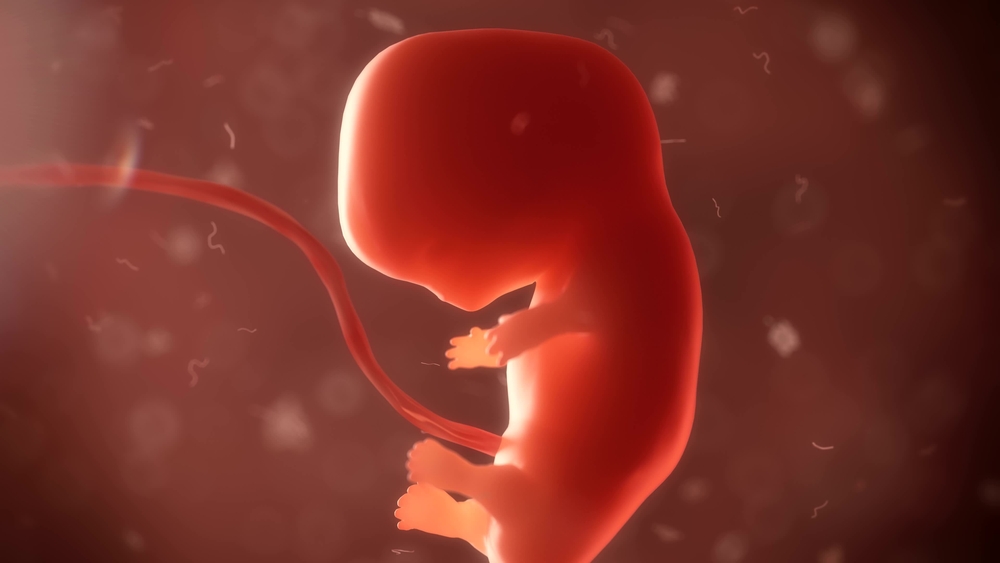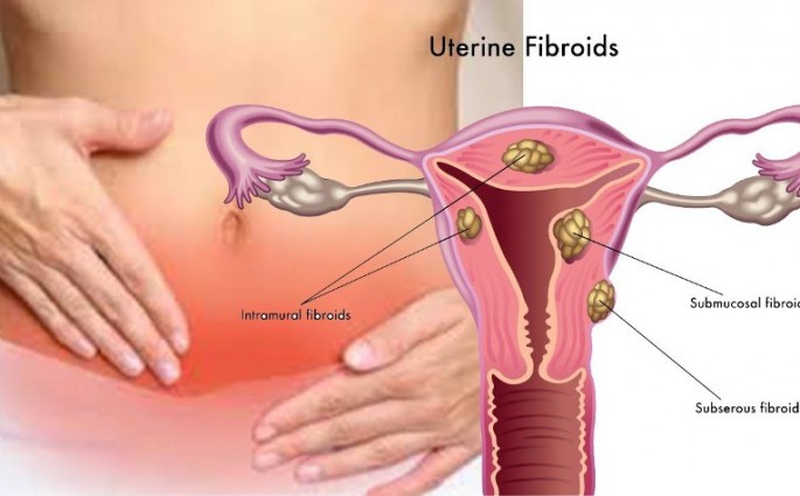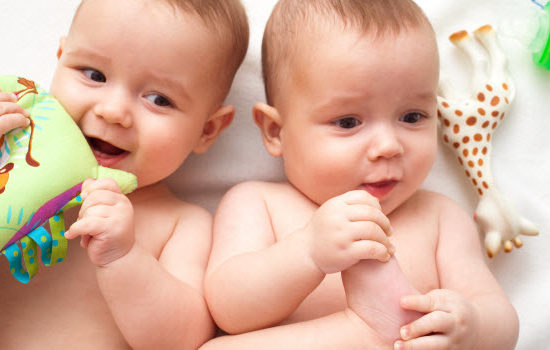What Kind of Fibroids Affects Fertility
San doubt, Can Fibroids Affect Your Fertility – there are a number of factors that can potentially challenge your ability to conceive, fibroids are one of them. Uterine fibroids are one of the common causes of infertility in women. The woman’s reproductive organ, the uterus, is made up of a thick layer of smooth muscle, which is known as myometrium, that surrounds a thin lining, known as endometrium. This is the line in which the embryo is expected to implant during the process of conception. It is also responsible to protect and nourish the developing pregnancy. In a situation when pregnancy does not transpire, it is this thin endometrium line that comes out each month in the form of periods.
What are Fibroids?
According to Dr Archana Dhawan Bajaj, an eminent IVF and infertility specialist in Delhi, the fibroids are benign growth of the myometrium that can be located inside the uterus or around it. The fibroids are very common in a large number of women. It is almost found in approximately 40 to 60 percent of the women. If you talk about the size, it can range from very small to very large. Sometime, the size of the fibroid is so large that it changes the size and the shape of the uterus. Despite having fibroids, plenty of women get pregnant and reach to their full term of pregnancy without any major complication. At times they are not privy to the fact that they are having fibroid until it is detected during the routine ultrasound check up. It precisely means that not all kinds of fibroids are extremely harmful during the pregnancy or affect the fertility.
Notwithstanding, a few women are not that much fortunate and they are exponentially troubled by the presence of fibroids, as they obstruct and interfere in conception, getting pregnant and delivering a baby.
What are the Causes Uterine Fibroids?
The precise cause of the is not known, so we cannot pin point for any one particular reason, notwithstanding, researchers predict that it has more than one reason that causes fibroid to emerge. Out of that one must be hormonal reason and genetics plays an important role in the development of fibroids in women. It is assumed that they are directly related to the levels of oestrogen and progesterone, both the hormones are produced in a woman ovaries. During the pregnancy, since the hormone levels are high, they grow swiftly. After the delivery the fibroids shrink. They also shrink when the woman reaches to menopause stage or any anti-hormone medication is utilized to get them back to the normal level.
What is the Risk Factor for Women of Developing Fibroids?
A number of factors are responsible that can develop the risk of growing fibroids, it may include:
- Genetics: The history of the family members with fibroids will certainly increase the risk for the next generation woman. For instance, if your mother had fibroids, more and less there is a strong possibility that you could also have that. Compare to an average woman, women with family history are three time more likely to get this disease.
- Age factor: Age is one of the determinants of fibroids in women. It becomes more common with age, especially during the age between 30 and 40. However, it is noticeable that after menopause, fibroids normally shrinks.
- Overweight: As it is a well-known fact that obesity is the mother of diseases, its link with the occurrence of fibroids cannot be denied. Overweight women are more likely to grow fibroids, about three times higher than an average woman.
- Eating habits: Consuming red meat or ham increase the risk of developing fibroids. Staying away from eating such meat and consuming a lot of green and fresh vegetables can certainly check you to develop fibroids.
Sign and Symptoms of Fibroids
Generally, women with fibroid hardly have any symptoms, but some women who associate with larger fibroids, may have any of the following signs or symptoms:
- Heavy periods with so much pain and extend for a long time.
- Feeling heaviness in the lower abdomen (pelvic area).
- Frequent urination
- Extreme pain during sexual intercourse
- Experiencing pain in lower back pain
- Complication during pregnancy and labor, increased risk of cesarean section.
- Constipation
- Feeling pressure in back, bladder or bowel
- In rare case, it may cause reproductive problem, such as infertility
How Fibroids Can Affect Your Fertility?
The presence of fibroids may have some effect on your fertility. Depending on where it has grown, it might impede or interfere with the process of conception. In some cases, it may not allow the fertilized egg to implant properly in the uterus, which eventually result in early miscarriage. A woman, despite having fibroids, can get pregnant without any issue, however, some kind of complication may transpire or expected during pregnancy or birth of the child, it may include the following:
- Miscarriages may happen, when there is a scarcity of blood flow to the placenta.
- Bleeding may also occur if there is an impediment in the blood supply to fibroid during the period of pregnancy, it may cause pain in the pelvic region and bleeding.
- Premature delivery may transpire sometimes in case the size of the fibroid is very large. The existence of fibroids competes with the baby that ultimately create the route of early delivery.
- Postpartum haemorrhage may transpire. It literally means there could be an abnormal blood loss during the delivery of the child.
Treatment of Fibroid
Treatment is readily available at Nurture IVF Clinic, however, the uterine fibroids is not essentially required treatment during the pregnancy, until and unless any serious health issue emerges, such as bleeding or chronic pain. Unperturbed fibroids are not treated as far as it is not creating any sort of discomfort to the patient. However, if the treatment becomes imminent, the doctors may go through any of the following treatment options, such as:
- Medications
- Hysteroscopy
- Hysterectomy
- Myomectomy
- Myolysis
- Endometrial Ablation
- Laparoscopy (Keyhole surgery)
- Uterine Arterial Embolisation or Uterine Fibroid Embolisation
- Surgery








